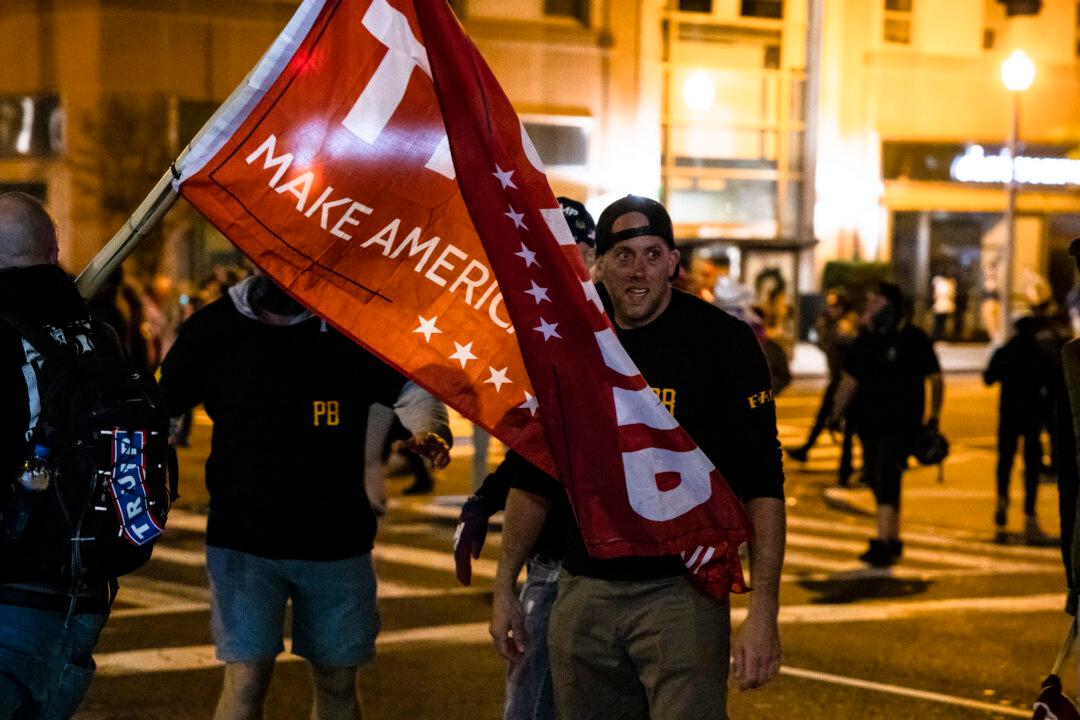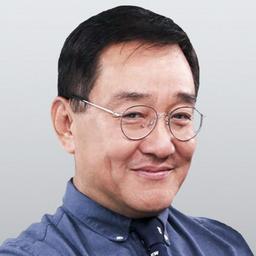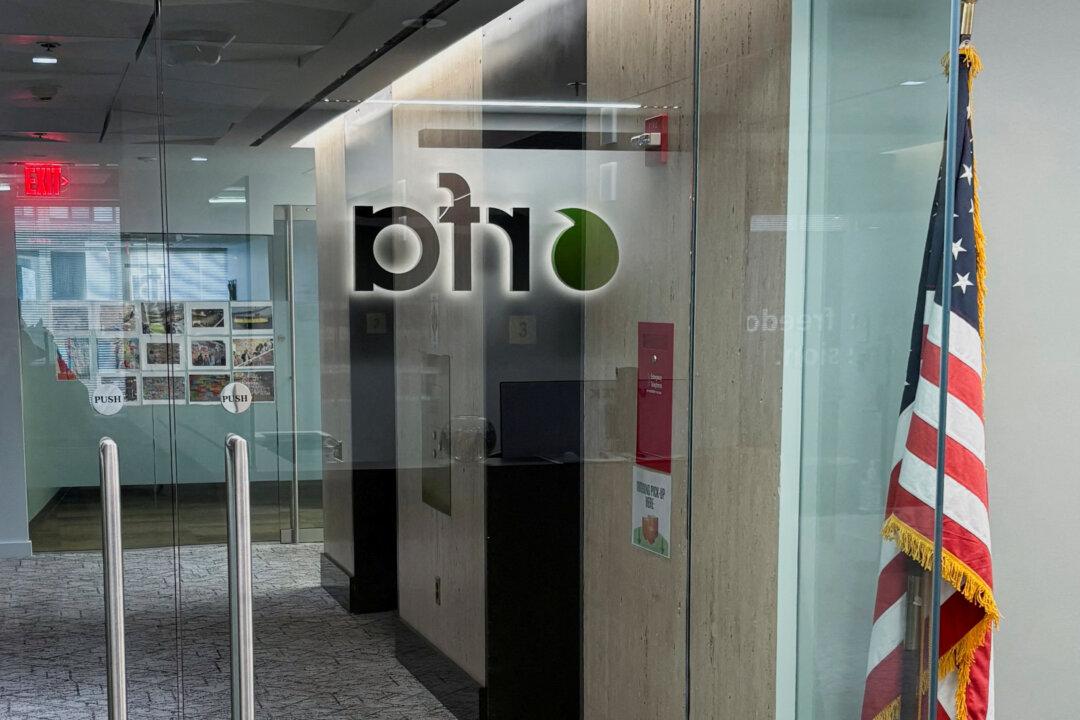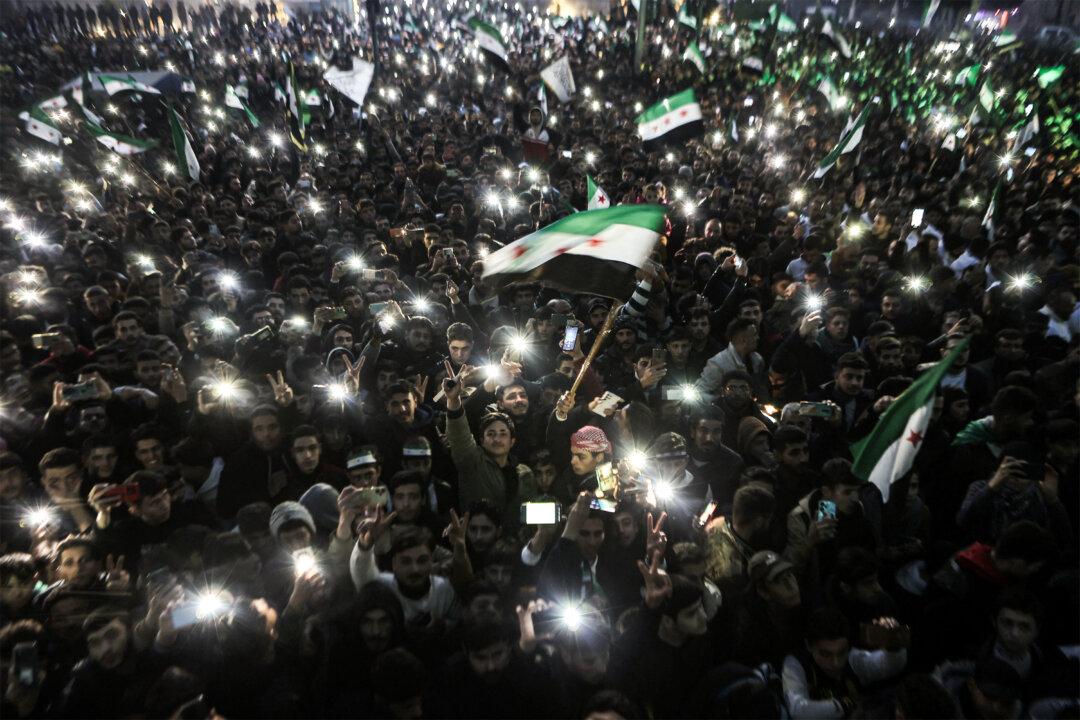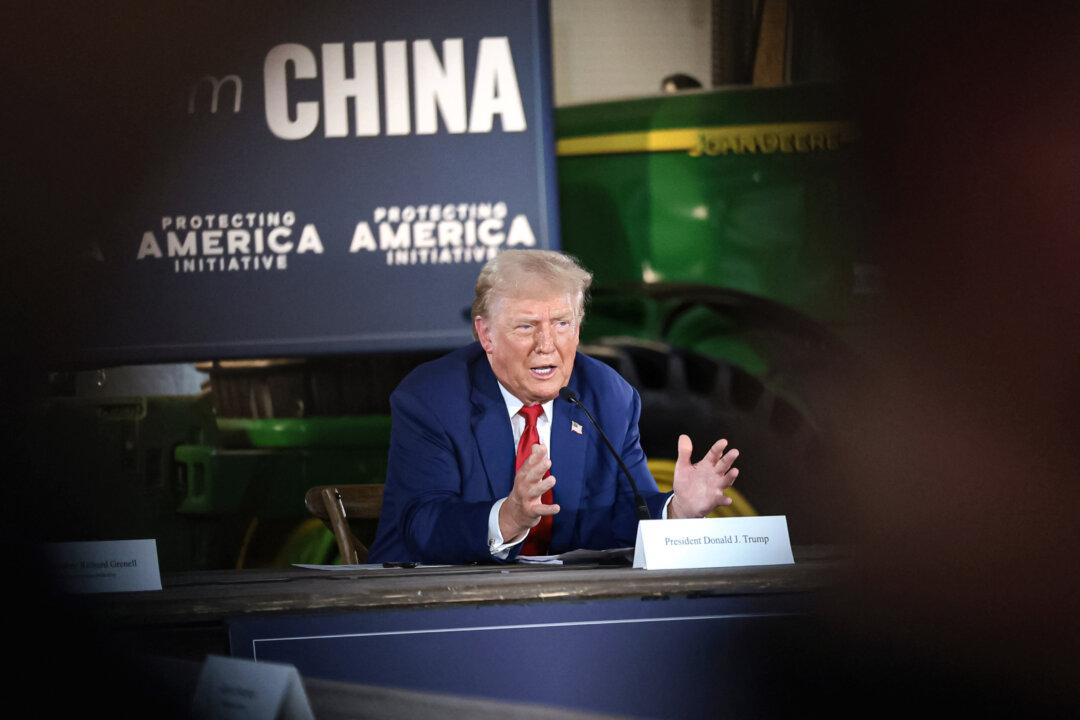Commentary
Many years ago, I described to my grandma the many things in the United States that were absent in China such as churches, bars, and gyms. She didn’t know what a gym was. After I gave her an explanation, she said, “Those people who have more than enough to eat often do things for nothing. They just have an overeating problem that can be resolved by fasting for a couple of days.”
